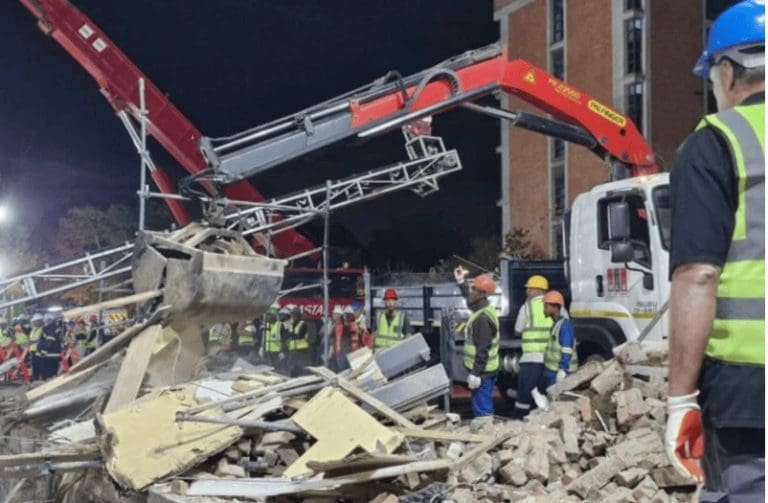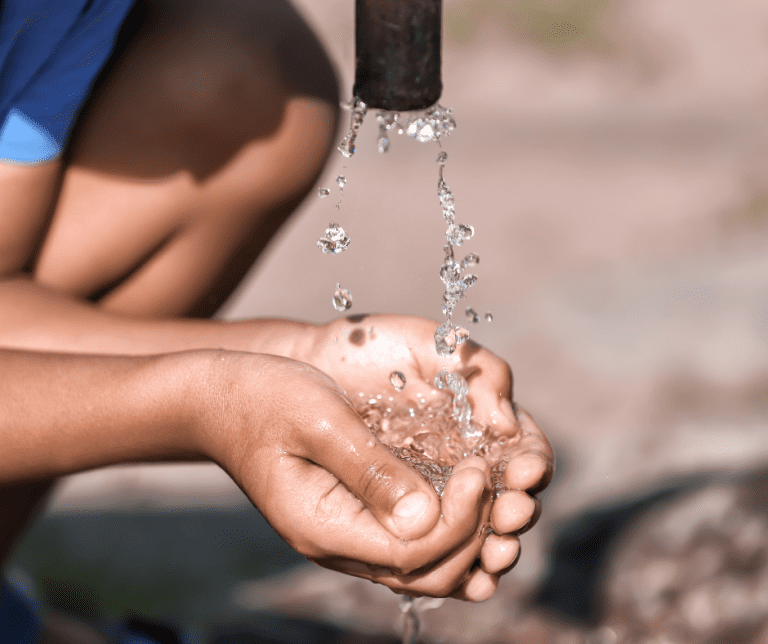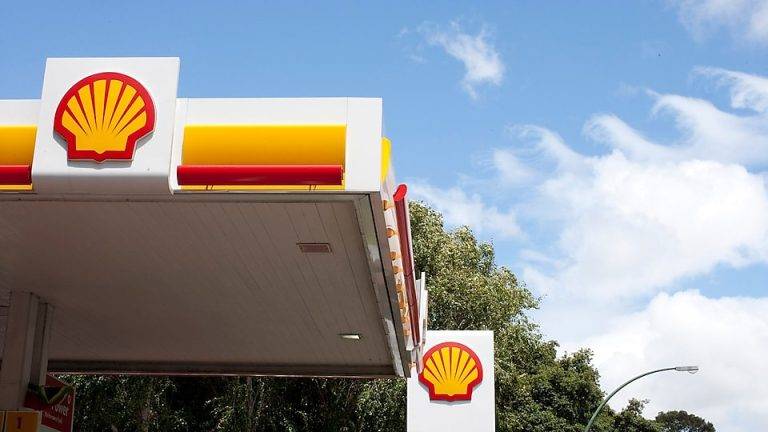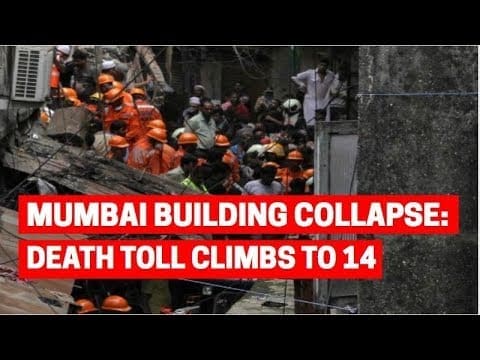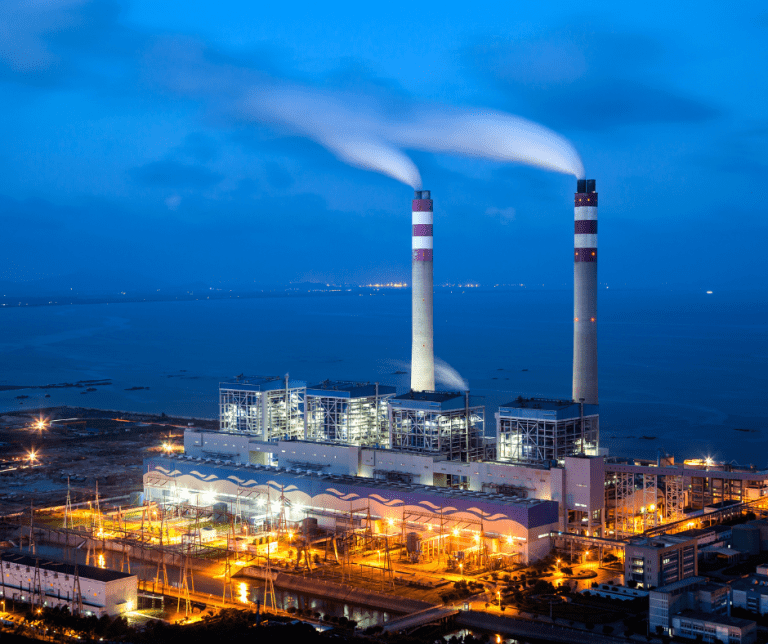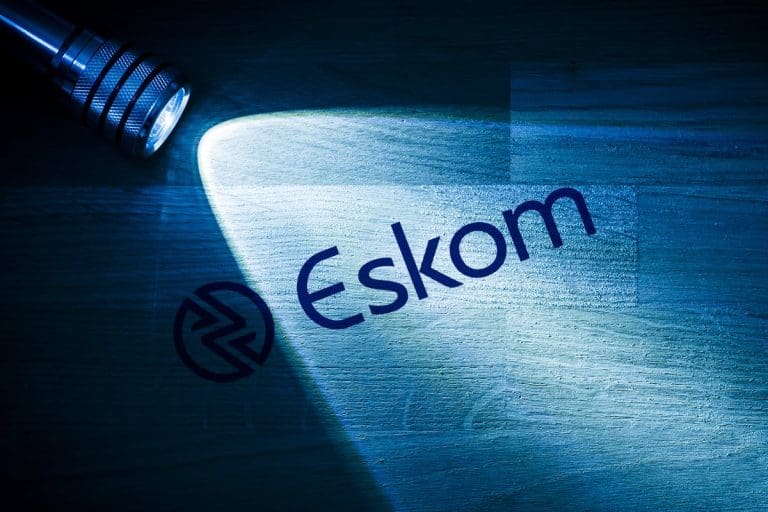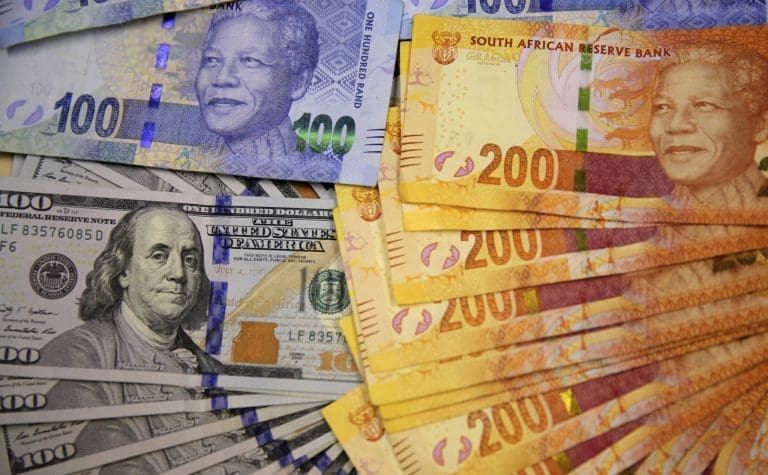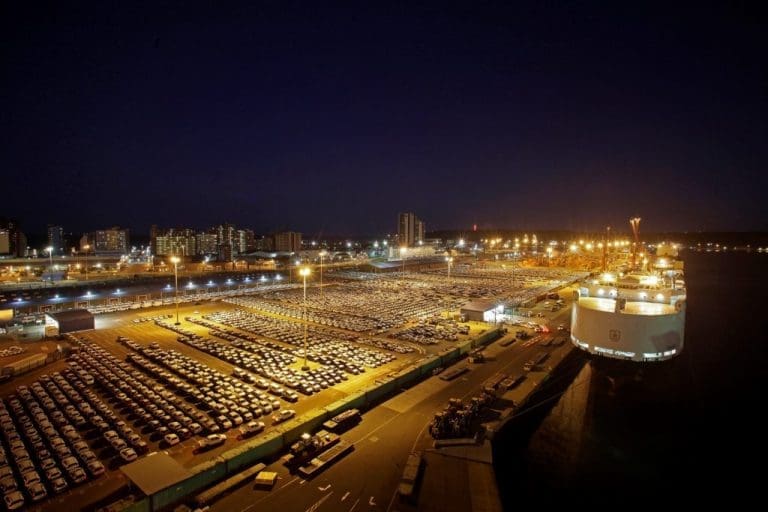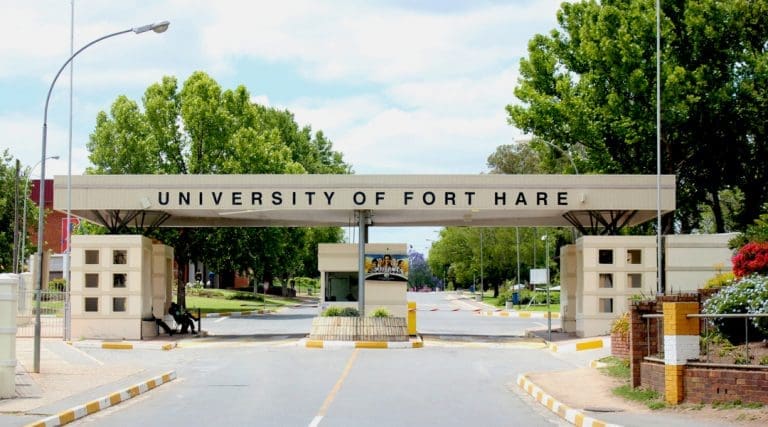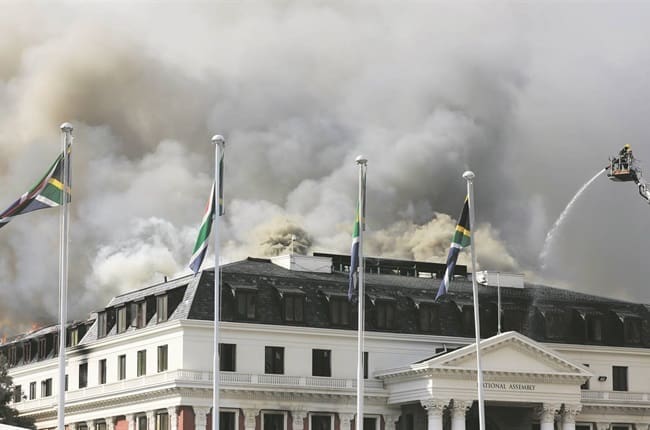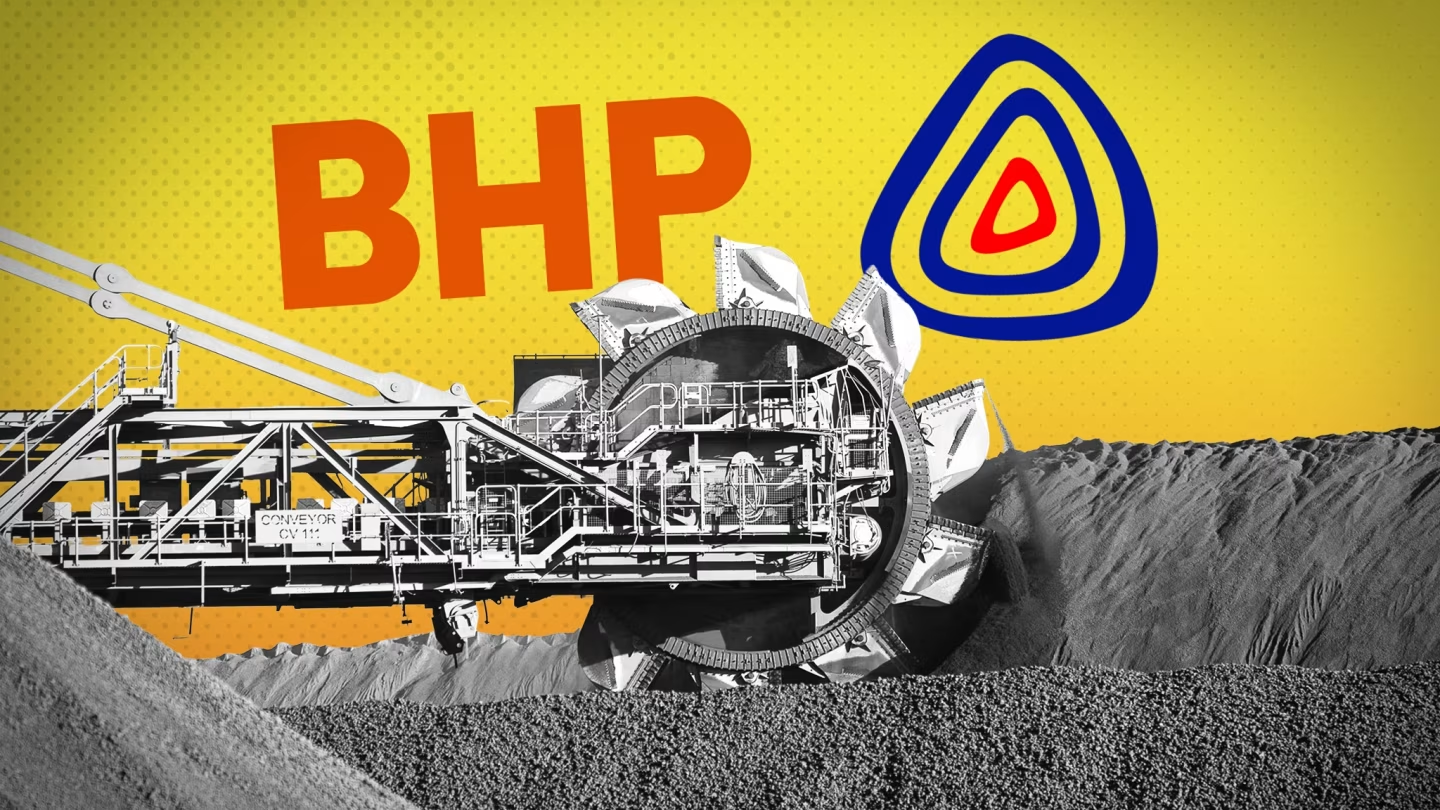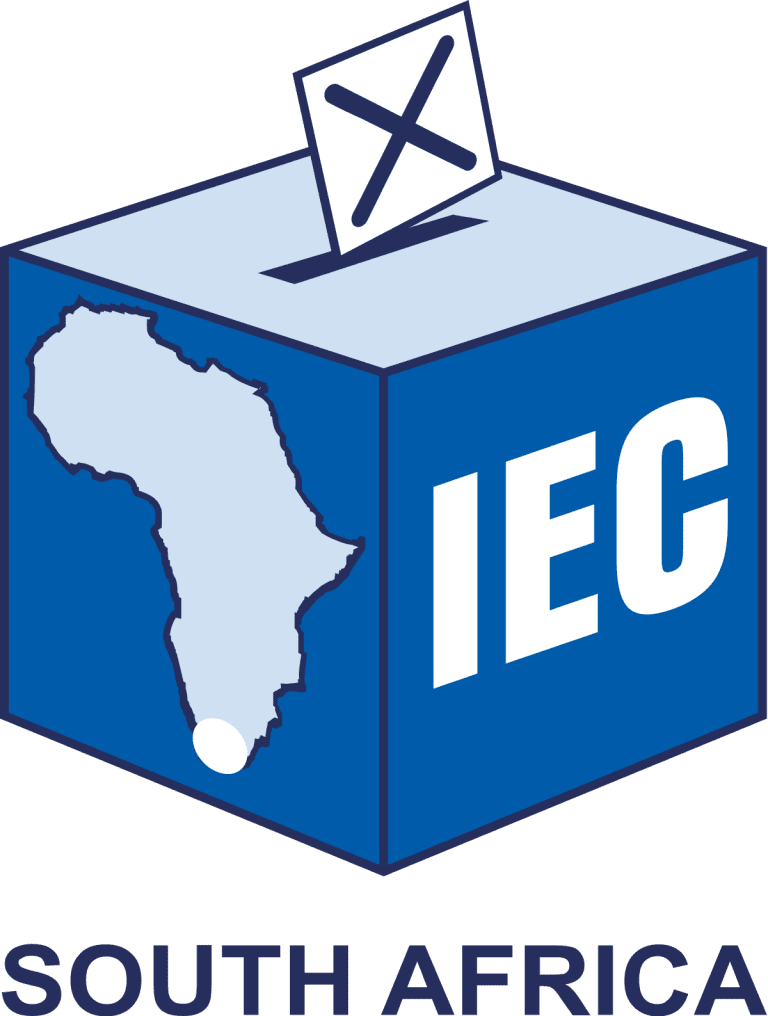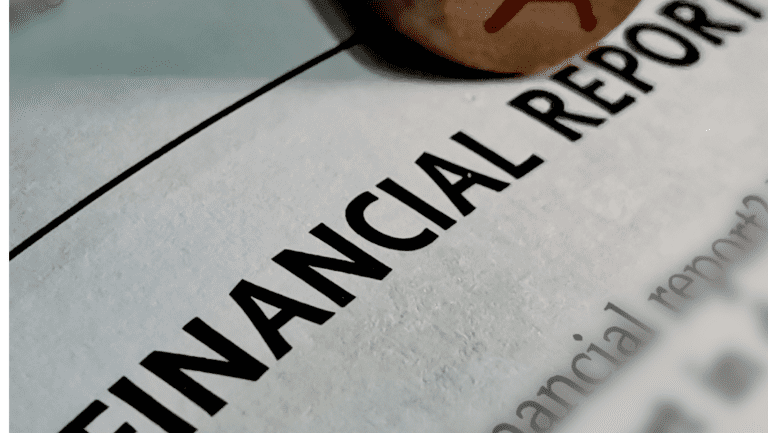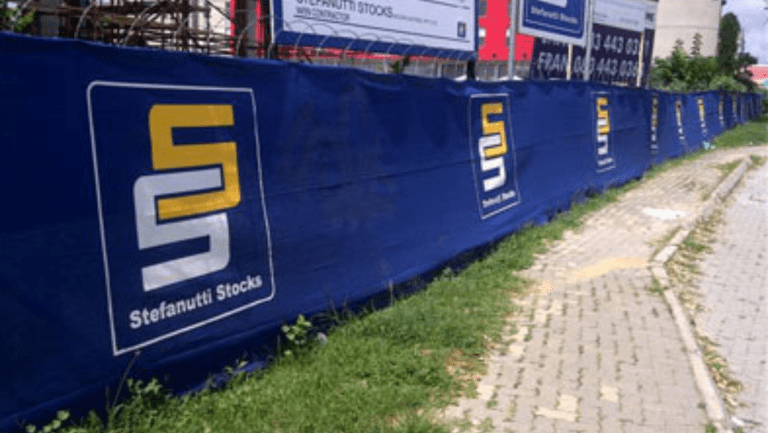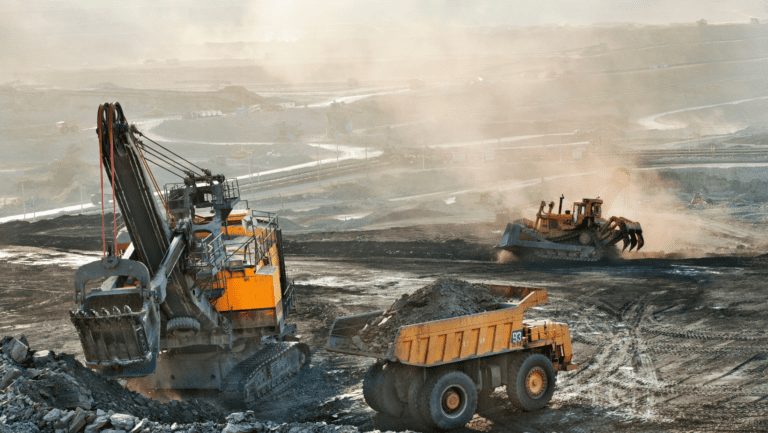South Africa, a country grappling with an ongoing energy crisis, finds itself teetering on the brink of severe power shortages despite assurances from politicians and officials. While promises of improved performance and a brighter energy future are conveyed, the ground reality presents a far more precarious situation.
A thorough analysis of Eskom’s latest energy data reveals a persistent weakness in the group’s plant performance, with grid stability hanging precariously on demand patterns. Independent energy analyst Pieter Jordaan highlights Eskom’s sustained unplanned outages (UCLF) above the permissible limit of 30% of total capacity set by the national energy regulator Nersa, warning that even a slight increase in demand could lead to widespread inconvenience.
Contrary to optimistic narratives, recent weeks have seen Eskom’s apparent improvement attributed mainly to reduced demand, with UCLF and its energy availability factor (EAF) showing negligible signs of recovery. Minister of Electricity, Kgosientsho Ramokgopa, acknowledged Eskom’s need to intensify power cuts to replenish emergency reserves following the loss of multiple units across power stations, resulting in a deficit of over 2,700 megawatts (MW) and falling short of avoiding load shedding.
The downward trend in EAF, failing to meet Nersa’s 65% target, and the escalating UCLF further compound the concern. Additionally, Eskom’s lagging data reporting raises distressing signs, indicating potential systemic issues within the utility.
Eskom’s recent announcement of stage 2 and 3 load shedding, reverting to stage 1 and 3 for the rest of the week, underscores the instability in the energy supply. This recent instability has halted the slight positive trend observed in October when load shedding interruptions were more frequent and lasted longer.
Analyst Pieter Jordaan predicts heightened load shedding risks in the first half of December due to increased maintenance affecting plant availability and a surge in power demand preceding the festive season. Alarming statistics indicate that South Africa, having endured its worst blackout levels on record, is poised to double the blackout hours seen in 2022 by the year-end.
With the addition of 1.2 days of cumulative blackout hours this week, the blackout meter for 2023 now stands at 67.0 days (1,608 hours), far exceeding the 2022 figure of 590 hours over the same period. Projections suggest a likelihood of surpassing the 2022 record by twice the blackout hours by the end of 2023, estimating a total of 75.6 days or 1,814 hours of blackout.
The impact on citizens is evident, with South Africans facing an average of 5 hours without utility power daily in 2023, a stark contrast to 2 hours and 15 minutes in 2022 and just 30 minutes in 2021.
The energy crisis continues to cast a looming shadow over South Africa, jeopardizing economic activities, disrupting daily life, and raising concerns about the country’s energy security. Urgent and substantial interventions are imperative to prevent the situation from deteriorating further and to steer the nation towards a more sustainable and reliable energy future.




